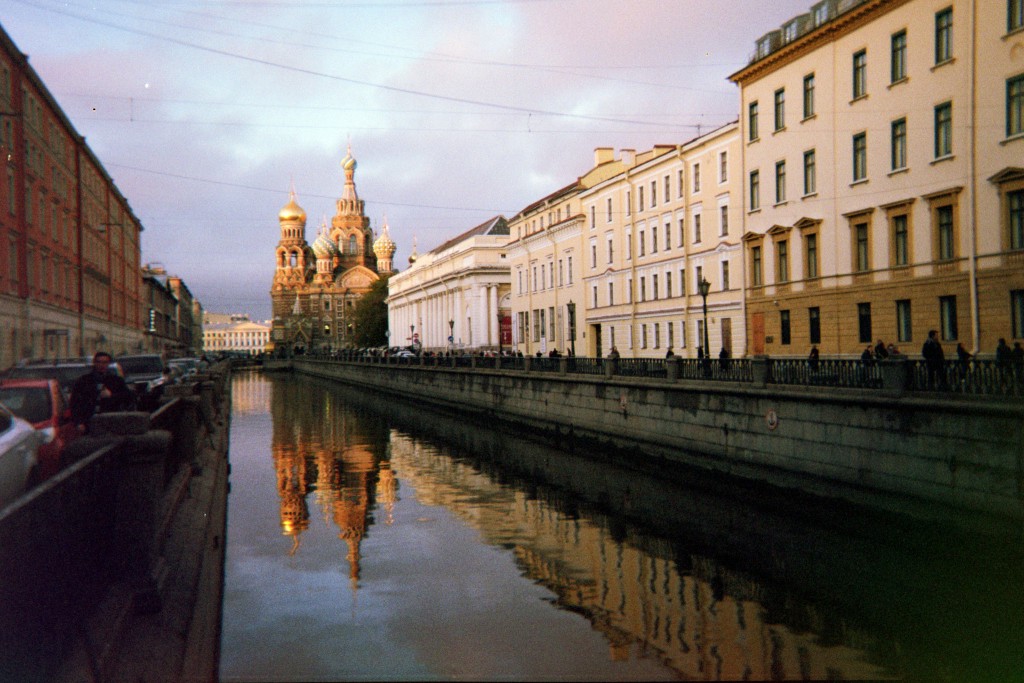
Fyodor Lukyanov is editor-in-chief of Russia in Global Affairs, chairman of the Presidium of the Council on Foreign and Defense Policy, and research director of the Valdai International Discussion Club.
Originally Published at Carnegie Moscow Center, 2/26/21, as part of the “Relaunching U.S.-Russia Dialogue on Global Challenges: The Role of the Next Generation” project, implemented in cooperation with the U.S. Embassy to Russia. The opinions, findings, and conclusions stated herein are those of the author and do not necessarily reflect those of the U.S. Embassy to Russia
….The evolution of EU-Russia relations from the hopeful dawn of the early 1990s to the despairing sunset of the 2010s is one of the most revealing episodes in the history of the post-Cold War global transformation. Ever since the idea of a formalized community consisting of Europe and Russia lost its relevance (no practical steps have been taken to that end since the late 2000s), the relationship’s original principles have been meaningless.
The attempt at institutional partnership represented the culmination of about 200 years of efforts by a school of thought in Russia to Westernize the country. For the first time, the Westernizers saw an opportunity to qualitatively change the nature of Russia’s relations with the West.
That opportunity turned out to be a treacherous one. Russia’s Westernizers never intended for their country to formally submit to Europe’s rules and regulations, even as they pushed for modernization, active cooperation with Europe, and emulation of its ways. Yet that was precisely what Europe asked of Russia after 1992.
Europe’s experiment with its transformation into a politically consolidated subject, one projecting its normative framework outward, presupposed hierarchical relations between the EU and its direct neighbors. From the start, Russia was expected to not only cooperate with the EU, but also develop joint institutions. In its relations with Russia, Europe countenanced no retreat from its insistence on rule transfer.
Had Moscow resolved to become part of this “wider Europe,” the concessions it was expected to make would have been justified. But Russia’s Westernizers failed to persuade the country of the merits of qualitatively limiting its own sovereignty for the sake of following the European model….
Read the full article here.
There is so much propaganda in this it can’t be taken seriously. I’m glad Russia has taken the path it has. The EU is a puppet state run by Amerikas neo liberals. The book Shock Doctrine covers. The Carnegie Moscow Center is one of Amerikas problems on why does Amerika think it needs to be every ones Boss. Sadly this is the thinking that the Amerikan govt. follows.
I have followed Lukianov for some time. He is the editor of the Journal “Rossiia v global’nom politike” which solicits opinion from specialists worldwide. He is a generally sensible, moderate voice amid all the cacophony from a cohort of increasingly ignorant and arrogant Western pseudo-specialists. His point about Westernizers in Russian political culture – which should really be dated from the reign of Peter I – is well taken. But he doesn’t seem to take enough into consideration the defining characteristic of that political culture: the central role of the State, of the State interest (“gosudarstvennyi interes”), in Russian history, whether “white”, “red” or the current blue-white-and-red. Though Russia today is much more “democratic” than at any time in its long history, at least since the very distant past of the pre-Mongol era, the pre-eminent place of State institutions in the structures of power and policy retains a remarkable continuity with the past. “Putinism” – if there is such a thing – is just another variant of the “statism” that has its roots in the Muscovy of Ivan III Vasilievich. And since the ultimate role and aim of the Russian State was always, in the final analysis, the defense of the realm and its sovereignty and the shaping of national policy to facilitate that end, the historical insistence of the “West” on confrontation and aggression in relation to its East Slavic neighbor only acts to cement this general arrangement more firmly.